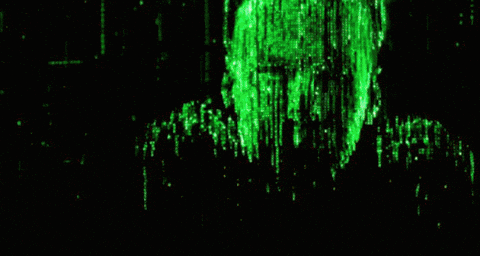The Matrix, released in 1999, was more than just a groundbreaking science fiction film; it had an immense impact on technology. Directed by the Wachowskis and starring Keanu Reeves as Neo, this movie introduced us to a world where reality is actually a simulated reality created by sentient machines to subdue humanity. The Matrix's influence extended beyond its plotline; it also had profound implications for technology in various ways.
Firstly, the film popularized the concept of virtual reality (VR). Before The Matrix, VR was mostly confined to research labs and sci-fi novels. However, after the movie's release, interest in VR skyrocketed, leading to significant advancements in this field. Today, we have immersive gaming experiences like Oculus Rift and HTC Vive that owe their existence partly to The Matrix.
Secondly, the film inspired discussions about artificial intelligence (AI) and its potential consequences. In the movie, AI machines create a simulated world called 'The Matrix' as an energy-efficient way of keeping humans under control while using them as power sources. This idea sparked debates on ethical considerations related to AI development and usage. Today, these discussions continue with real-world applications like self-driving cars and chatbots being developed by tech giants such as Google and Amazon.
In conclusion, The Matrix had a profound impact on technology through its exploration of virtual reality and artificial intelligence. It not only popularized these concepts but also sparked important conversations about their implications for society. As we continue to advance in these fields, it's fascinating to see how much influence this iconic film still holds over our technological landscape today.
